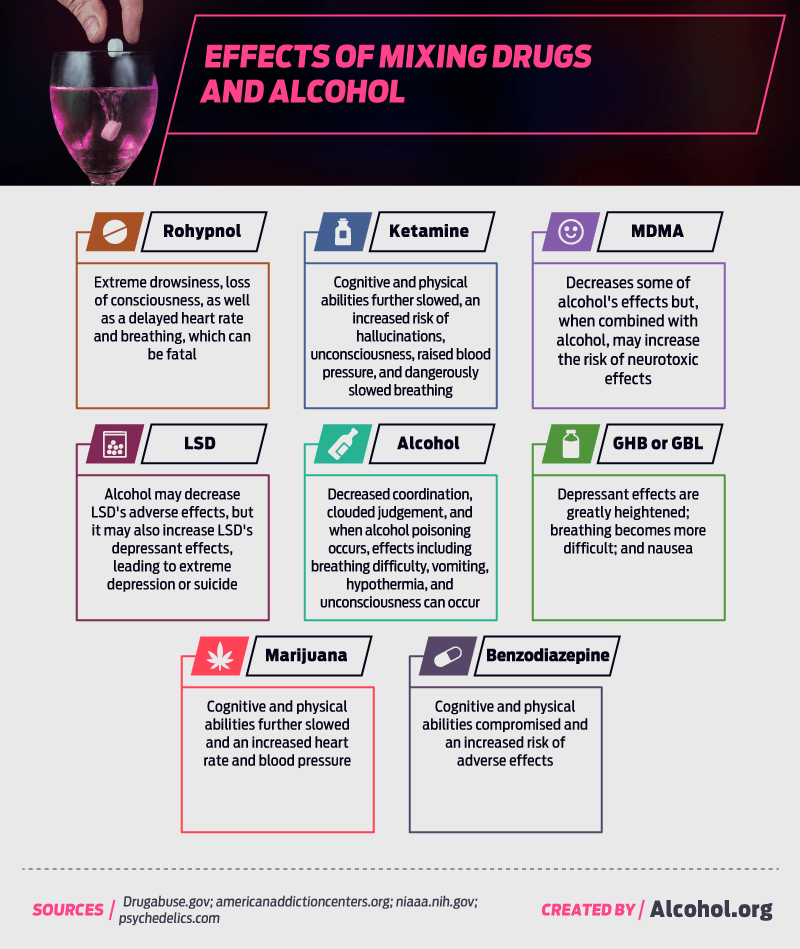3. Choose Safe Areas.
The safest option at a party is to stay with your group at all times. Avoid isolation or putting yourself in situations where you can't be heard or seen. If you do need to leave your group, take a friend with you and make sure that you communicate with your group about where you're going and when you think you'll be back.
4. Be Protective of your Drink.
If you choose to drink at a party, keep it with you at all times. Never allow someone to refill your glass or get you a new drink. It's too easy to have something slipped into your drink when you're not looking. 56% of women and 44% of men said they've unknowingly had their drinks spiked. Out of this surveyed group, 52% said they had their first drink spiked during college. 3
If you did leave your drink unattended or accepted a drink from somebody else, pay attention to your body for the effects of a possible spike. Some signs of having your drink mixed with a drug can include extreme drowsiness, compromised cognitive/physical abilities, nausea, difficulty concentrating, and blurred vision.
5. Trust Your Instincts.
If you feel unsafe, uncomfortable, or worried for any reason while on a date or at a party, don't ignore those feelings. Get somewhere safe and find someone you trust. Sometimes acting on intuition can feel awkward, embarrassing, and even stupid. Never let those feelings stop you from seeking safety. You and your safety are more important than anyone's embarrassment or inconvenience.






